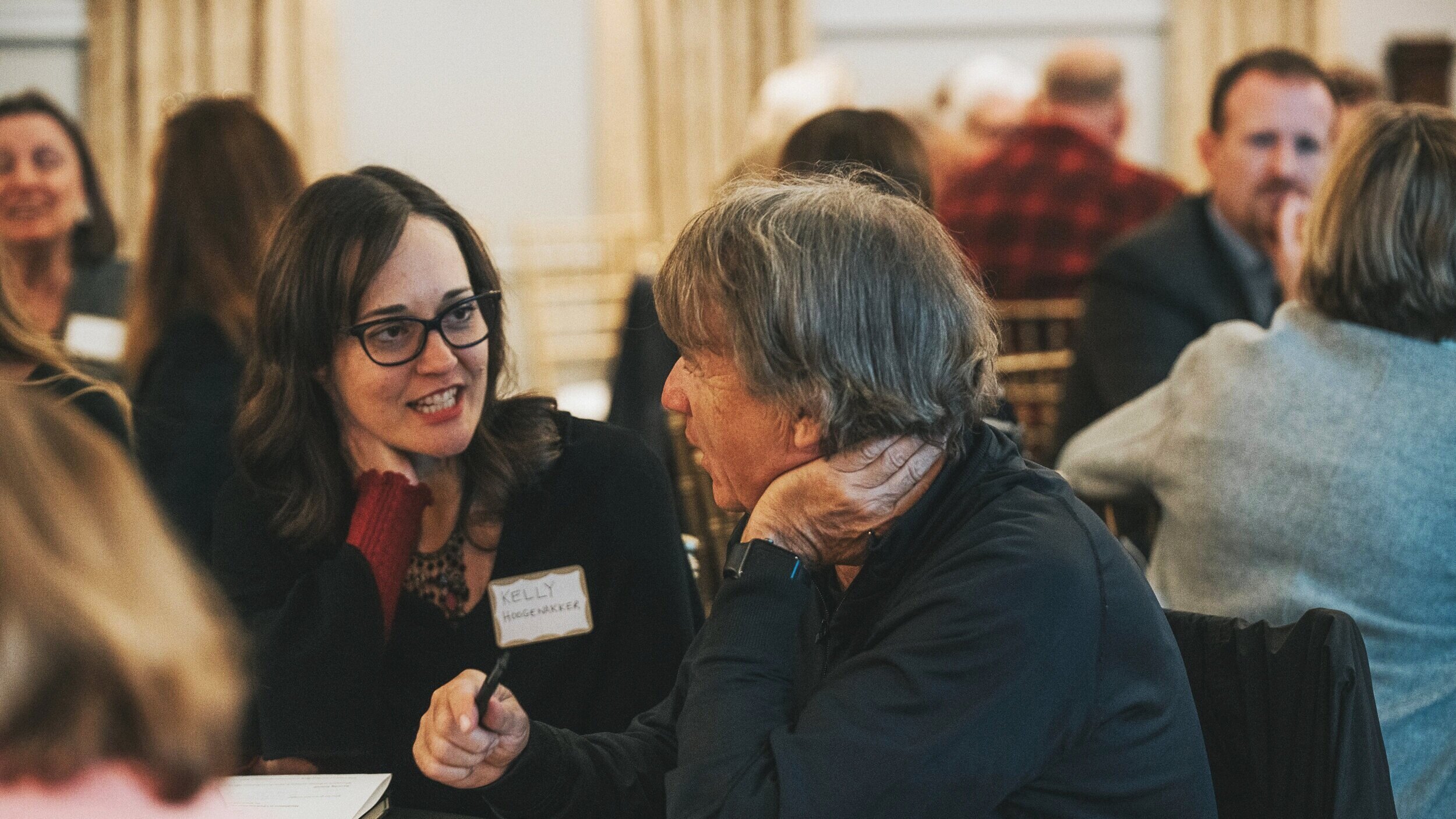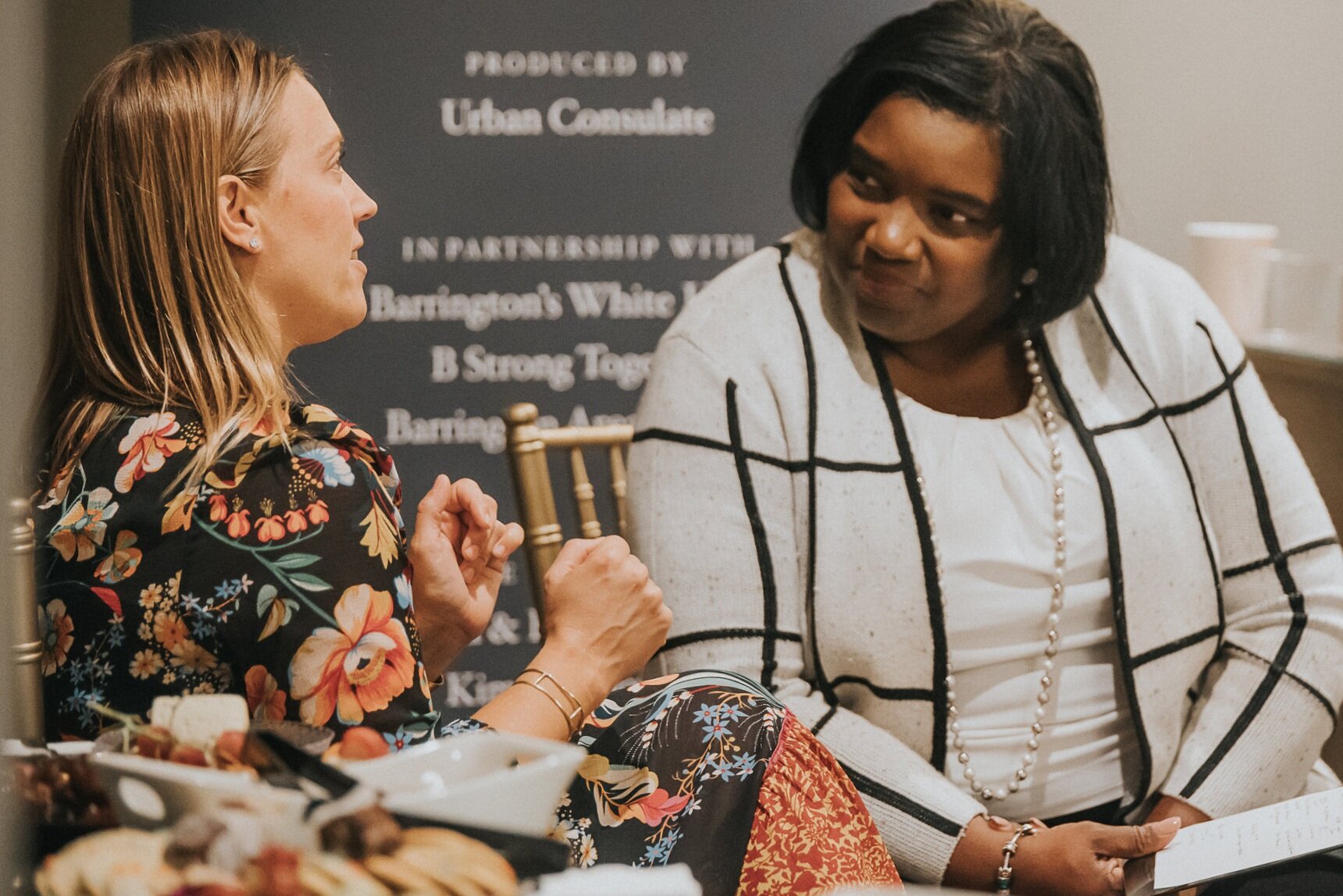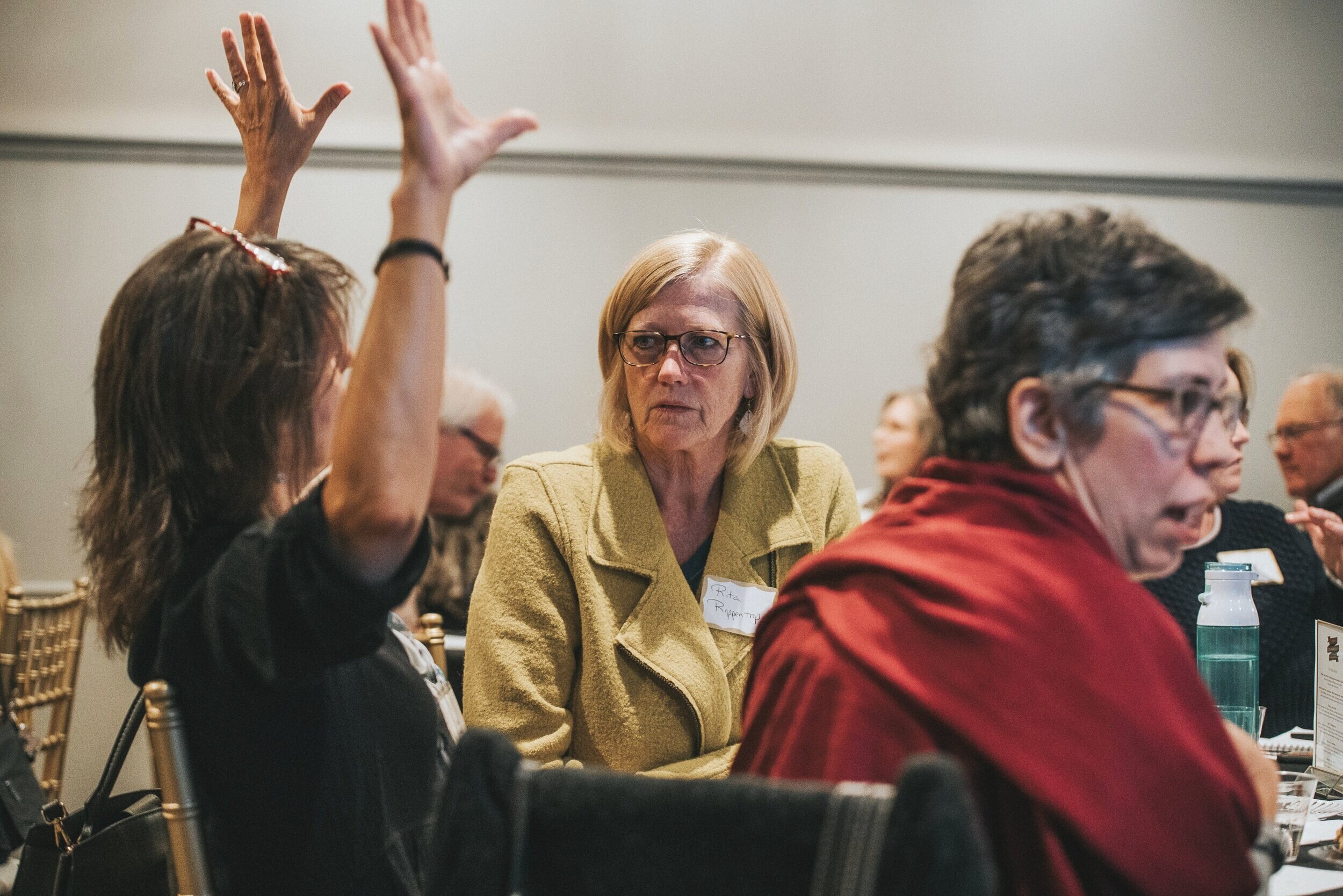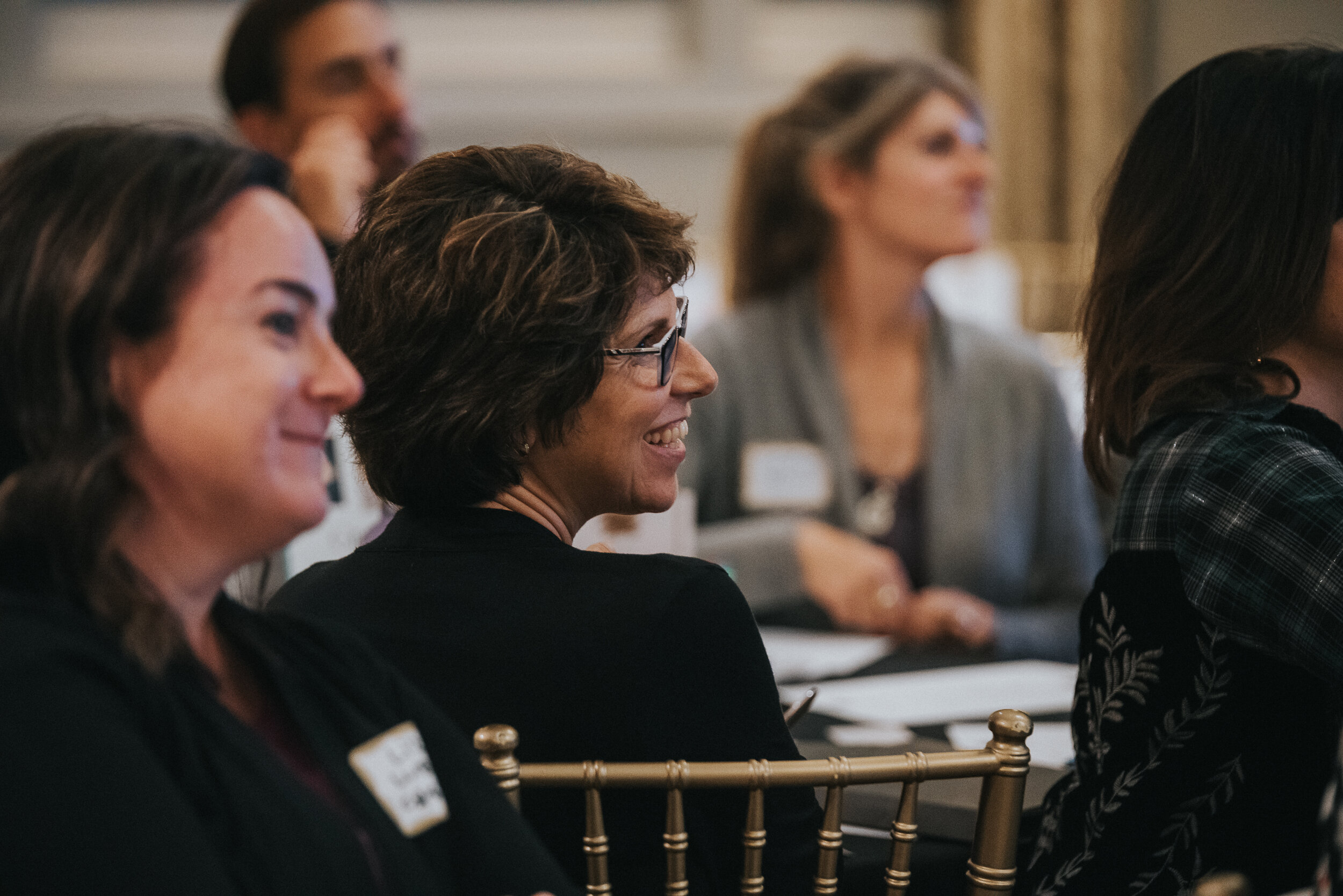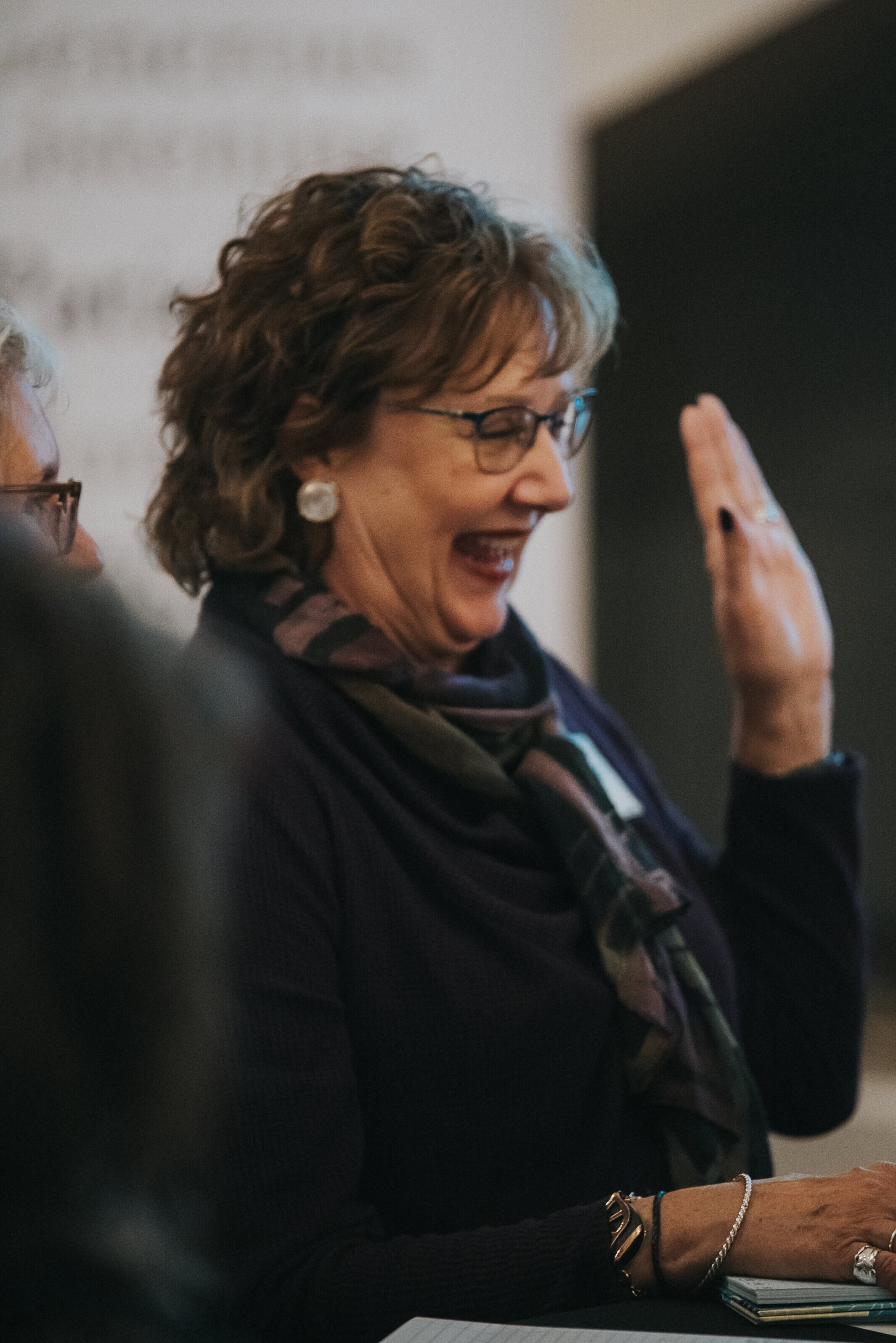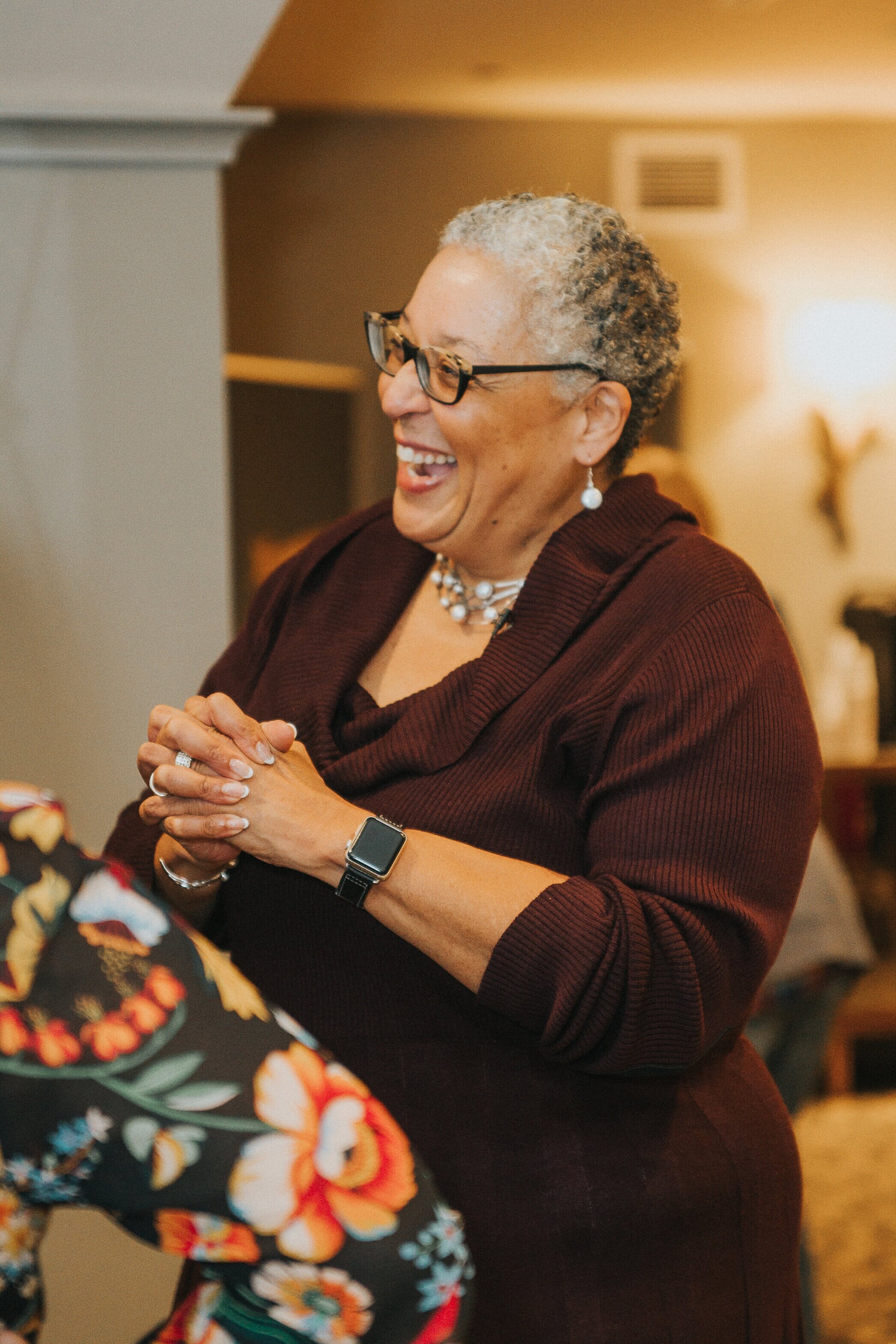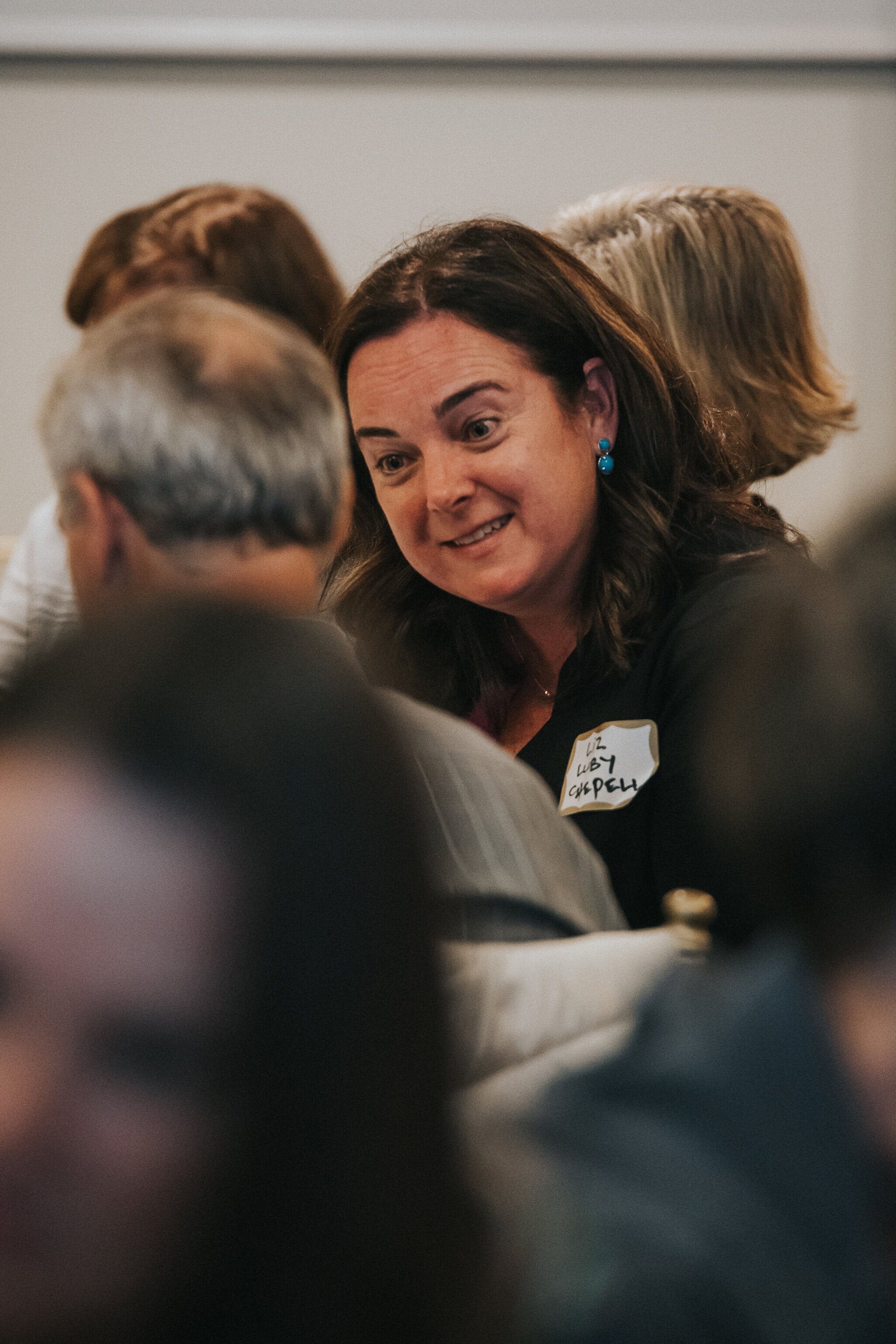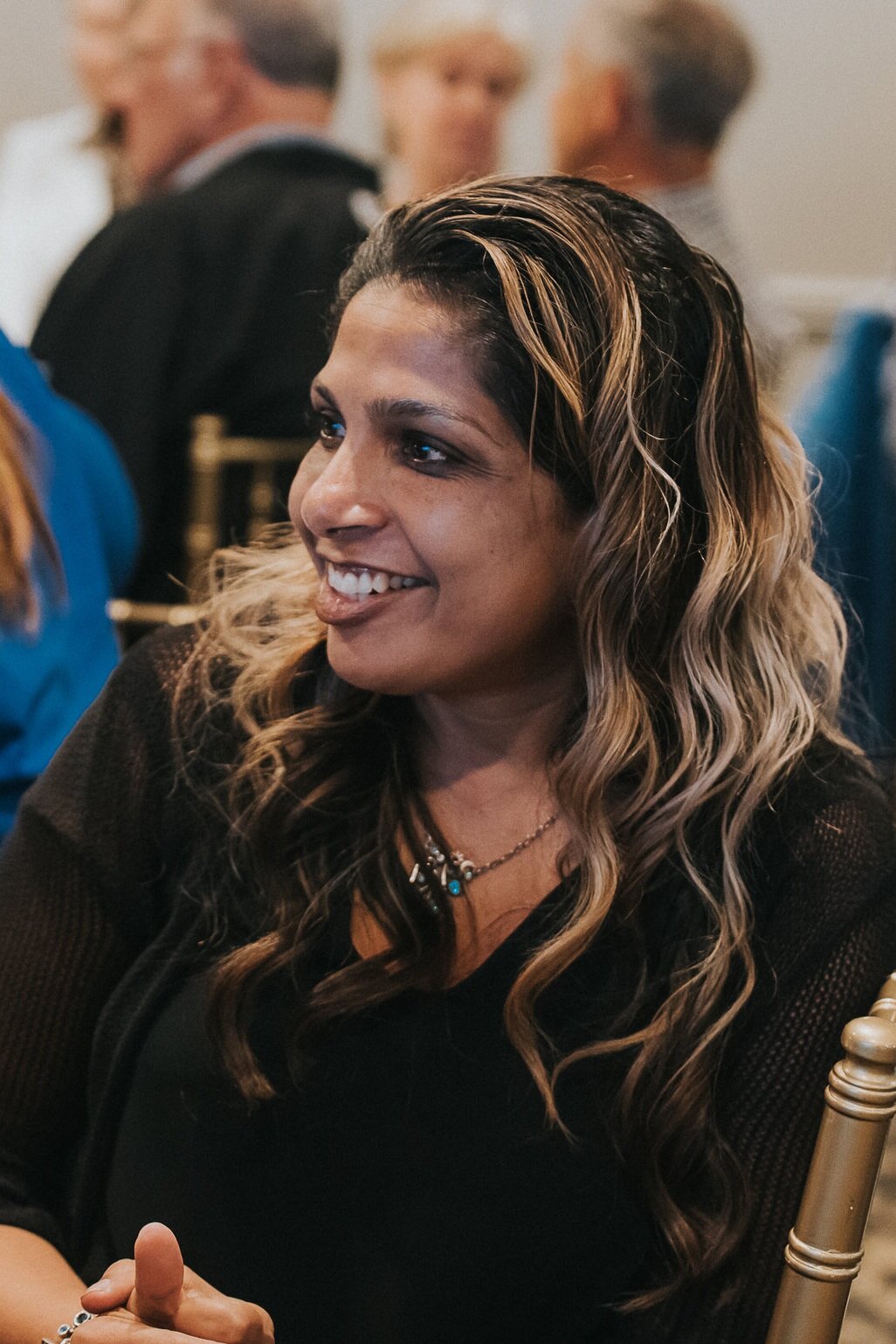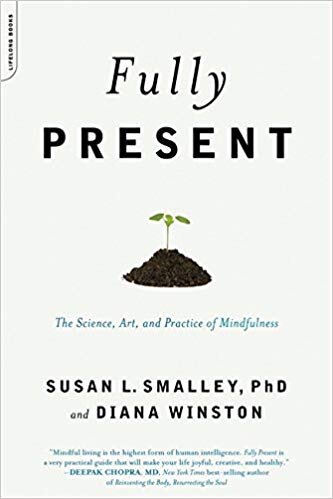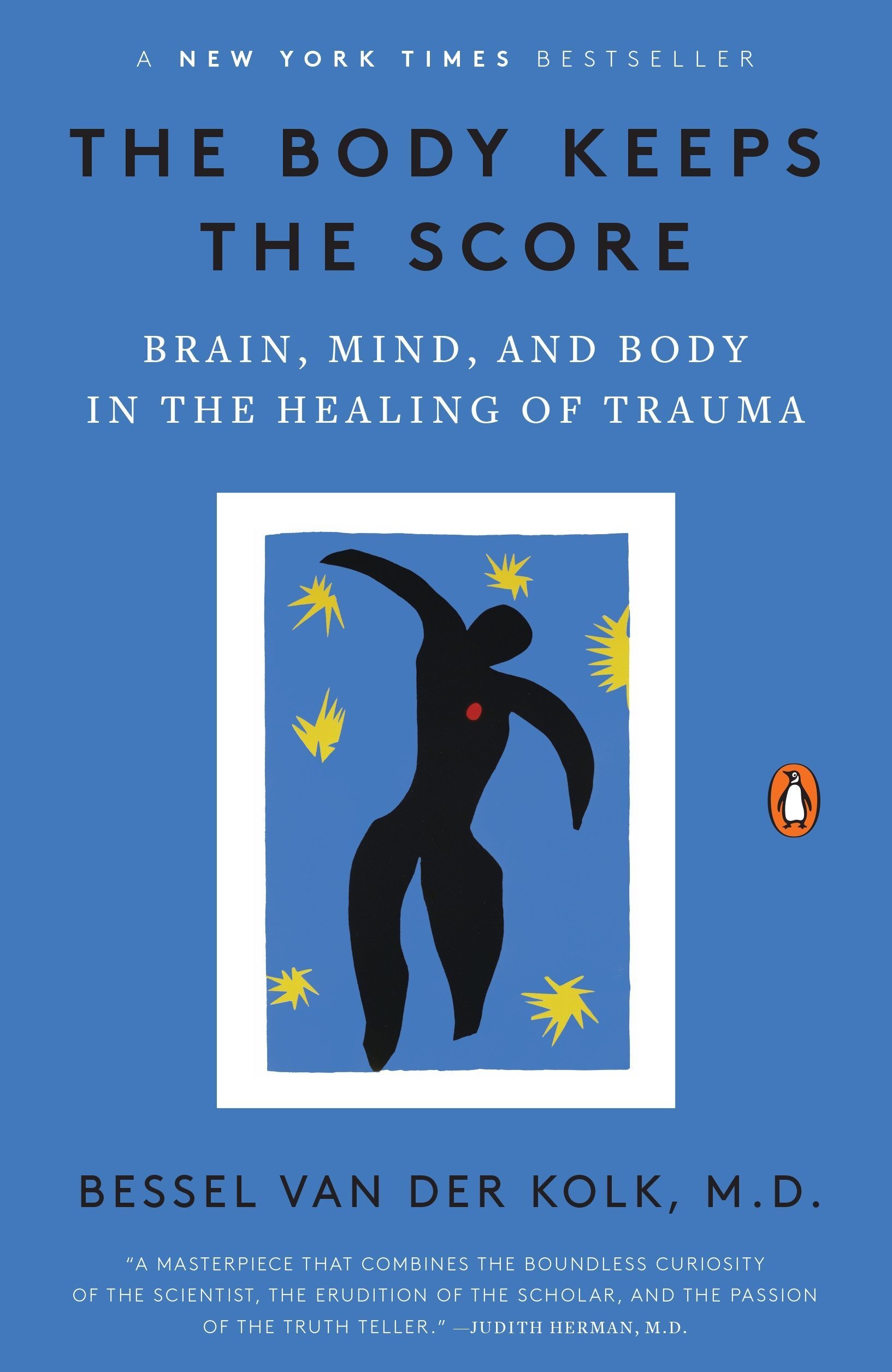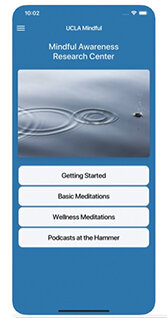BY TAMARA TABEL
“Mindful practices help us show up courageously, in awareness of our full humanity and the humanity of others.”
Our lives are stressful and busy, and our anxiety can impact our social interactions, especially those with whom we disagree. How can we practice mindfulness to bring our attention to the present moment, allow ourselves to think and breathe, and create space between ourselves and our reactions?
On October 9, 2019, a full room of over one hundred learners gathered at Barrington’s White House to learn how to live more mindfully, building on the scaffolding Dr. Arin Reeves of Nextions started constructing in September to move from fear to courage when engaging with difference.
Co-hosts Jessica Swoyer Green and Dr. Zina Jacque welcomed Dr. Krista Robinson-Lyles to lead us through mindful exercises and suggestions to bring more compassion and understanding to courageous conversations.
Robinson-Lyles brings over 26 years of experience providing consulting, research, facilitation, teaching and coaching services to academic and corporate clients. In her career, she has served as a classroom teacher, building administrator and university instructor, in addition to coaching and consulting in the areas of literacy, equity and mindfulness.
Aligning Actions & Intentions
“Mindfulness can help us move into conversations that we might otherwise avoid,” said Robinson-Lyles. She encouraged us to be intentional about our efforts and where our fears sit.
“It is not about being perfect,” she reminds us. “It is not about living a perfect life and pretending that challenges don’t exist. It’s about being in the moment.”
Though these conversations across difference are not easy, Robinson-Lyles shared the power of a pause between the stimulus and our response. This gives us the time and space to assess our fears and emotions before responding, instead of just reacting.
To get started, she led the group through a mindfulness exercise: “Get comfortable in your seats. Put both feet flat on the floor. Put one hand on your heart, one hand on your abdomen. Notice your breathing. Notice your heartbeat…”
Mind Your Miscues
As an educator, Robinson-Lyles shared how teachers listen for miscues as beginning readers read aloud. Some miscues include substitution (using another a word), omission (leaving out a word), or insertion (adding a word that’s not there). When students make miscues, one or two may not change the text, but multiple miscues mean they miss or misunderstand the author’s purpose.
Robinson-Lyles suggests we use this same approach to explore ourselves. “We have to learn what our miscues are. We have to pause enough to know when we are inserting our own story, omitting some else’s story, or substituting what we think we know.
“It’s not about broad agreement. We need to hear someone because it might really change something,” says Robinson-Lyles. “It might change humanity.”
Fear Causes Our Bodies to React
When our bodies perceive a threat, our bodies try to protect us. It’s the typical “Fight, Flight or Freeze” response. Rapid heartbeat. Increased stress hormones. Shallower, faster breathing. Sweating.
But stress also shuts down the pre-frontal cortex—the very part of the brain that helps us with reason and emotion. Sometimes this means we can lash out.
Mindfulness is “the ability to know what’s happening in your head at any given moment without getting carried away by it.”
Taking a Pause Between Stimulus & Response
If we give ourselves time to pause and engage in breathing, grounding and clearing, we can allow the pre-frontal cortex to engage, so we can mitigate and be aware of our fear.
It’s not that we shouldn’t have emotions, clarifies Robinson-Lyles. But we should recognize and figure out what to do with them. “We can identify conditioned fear. We can realize when we’re making miscues, and when, perhaps, we are inserting ourselves in someone else’s story.”
Emotional Intelligence Is Critical
“In this country in particular,” says Robinson-Lyles, “we are focused on rational thought. You’re ‘smart’ if you are analytical. What gets lost is how much emotional intelligence matters. We might forget that we have core emotional needs — and that others do, too.”
“Knowing ourselves is one of the critical parts of being mindful,” says Robinson-Lyles. “Why are we upset during a certain conversation? Are we feeling unappreciated? Is someone challenging our family status? Are we worried about being embarrassed?”
“When we look to see what the other person’s core needs might be, it can change the conversation.”
Our Universal Core Needs:
Visibility. Safety. Belonging. Appreciation. Status. Role. Relevance. Autonomy.
Tools for Mindfulness
Options are always available:
Grounding your feet is something small you can do. By being connected to the ground and breathing, it will lessen the intensity of the moment. You can become more aware of what’s happening in your whole body.
We can notice our core needs and recognize the needs others to whom we are responding. (Remember the Churchill quote: “Fear is a reaction, courage is a decision.”)
We need to ask ourselves essential questions like: “How do I know? What if I don’t know? Yes, and…?” We need to determine our responses and answers. This doesn’t change that you’re disagreeing, but it can change your response to it.
By responding with gratitude and compassion, we can bring truth and love in the midst of intensity.
Two acronyms that can help you stay mindful:
RAAD:
Realize your emotions
Acknowledge your feelings
Accept that they are not right or wrong
Do what you choose from a range of actions — which may be nothing more than acknowledging your feelings
LOVE:
Let your breath soften to help regulate your body
Open to the feelings without trying to ignore them
Verify your core needs
Extend compassion, to yourself and to other(s) in the conversation
Mindfulness Takes Time & Practice
Robinson-Lyles admits it is hard work and that she is still working on extending compassion.
“When I’m talking to someone with whom I am diametrically opposed, I say to myself: ‘I realize they love their family as much as I love mine.’ I’m not agreeing with what they are saying, but I can get a little farther in my ability to listen.”
She reminds us it is not one and done. “Be patient, but dedicated — it takes time and practice to remember that a mindful state is an option. Eventually, you move from seeking mindful states to habitually embodying mindful traits.”
Watch the video of the session here:
SUGGESTED RESOURCES
Practicing Mindfulness is the second of ten monthly sessions for A Year of Courageous Conversations. Presented by Urban Consulate at Barrington’s White House in partnership with community advisors, the series is made possible thanks to support from Jessica & Dominic Green, Kim Duchossois, Sue & Rich Padula, Barrington Area Community Foundation and BMO Wealth Management. To learn more, visit CourageousConversations.us.






